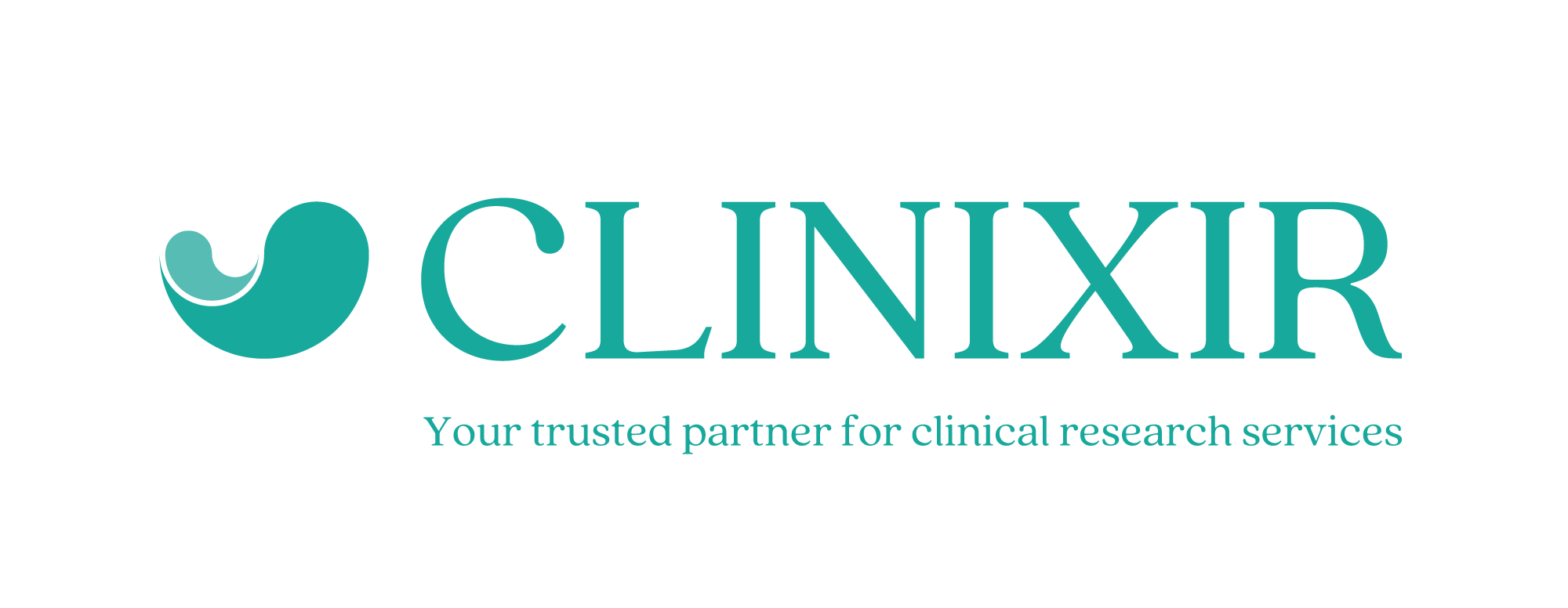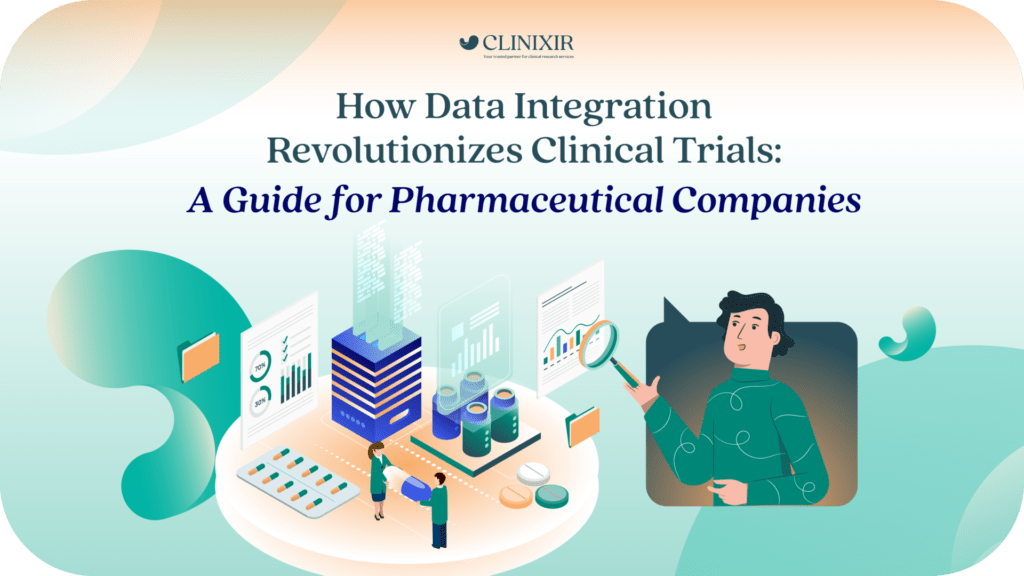Clinical trials are the backbone of pharmaceutical innovation, paving the way for life-saving treatments and groundbreaking therapies. However, the increasing complexity of data management in these trials poses significant challenges. The integration of diverse datasets, often stored in disparate systems, has become a critical requirement for pharmaceutical companies seeking efficiency, accuracy, and compliance. This is where data integration, powered by standardized models like OMOP (Observational Medical Outcomes Partnership) and FHIR (Fast Healthcare Interoperability Resources), transforms the landscape.
The Challenges of Data Management in Clinical Trials
Pharmaceutical companies manage vast amounts of data during clinical trials, ranging from patient health records and lab results to genomic information and real-world evidence. Traditional methods of data handling—siloed systems and manual processes—are no longer adequate. The challenges include:
- Data Silos: Isolated systems hinder data sharing and collaboration, slowing trial progression.
- Inconsistent Data Formats: Heterogeneous datasets from different sources require time-consuming normalization.
- Regulatory Compliance: Global standards demand precise data handling and transparency.
- Delays in Insights: Manual processes delay the extraction of actionable insights from trial data.
Addressing these challenges is vital to accelerating clinical trials and maintaining competitive advantage. Data integration, underpinned by standardized models, is the solution.
The Role of Standardized Data Models in Clinical Trials
Standardized data models like OMOP and FHIR provide the framework needed for effective data integration. These models ensure consistency, interoperability, and compliance, empowering pharmaceutical companies to streamline their clinical trial processes.
OMOP: Unlocking Observational Data
The OMOP Common Data Model (CDM) standardizes observational healthcare data, making it easier to analyze and share across platforms. Key benefits include:
- Data Harmonization: OMOP transforms diverse data formats into a consistent structure, facilitating seamless integration.
- Enhanced Analytics: Researchers can apply uniform analytical methods, accelerating insights.
- Global Collaboration: OMOP supports data sharing across institutions, promoting collaborative research efforts.
For example, a pharmaceutical company conducting a multi-center study can leverage OMOP to harmonize data from various hospitals, reducing delays and ensuring accuracy.
FHIR: Revolutionizing Interoperability
FHIR is a set of standards developed by HL7 for exchanging healthcare information electronically. Its flexibility and scalability make it ideal for clinical trials. Key advantages include:
- Interoperability: FHIR enables seamless data exchange between electronic health records (EHRs), lab systems, and trial platforms.
- Real-Time Data Access: Researchers can access up-to-date patient information, improving decision-making.
- Regulatory Compliance: FHIR’s adherence to global standards simplifies compliance with regulatory bodies.
By adopting FHIR, pharmaceutical companies can integrate real-world data into clinical trials, enriching insights and improving outcomes.
How Data Integration Accelerates Clinical Trials
Data integration, powered by OMOP and FHIR, addresses the inefficiencies of traditional clinical trial processes. Here’s how it accelerates trials:
1. Faster Patient Recruitment
Identifying eligible participants is one of the most time-consuming aspects of clinical trials. Data integration enables:
- Automated Screening: Integrated datasets allow for automated screening of patient records, reducing manual effort.
- Broader Reach: Access to real-world data from diverse sources increases the pool of potential participants.
- Improved Matching: Advanced algorithms identify patients who meet specific criteria, expediting recruitment.
2. Improved Data Quality and Accuracy
Poor data quality can lead to errors and regulatory setbacks. Integrated systems ensure:
- Standardization: OMOP and FHIR enforce consistent data formats, minimizing errors.
- Real-Time Validation: Automated checks identify discrepancies early, ensuring accuracy.
- Comprehensive Records: Unified datasets provide a complete view of patient histories and trial outcomes.
3. Enhanced Data Sharing and Collaboration
Collaboration is essential for successful clinical trials, especially in multi-center studies. Data integration:
- Streamlines Communication: Unified platforms facilitate seamless communication between stakeholders.
- Enables Remote Monitoring: Researchers can access trial data from anywhere, ensuring continuity.
- Supports Global Efforts: Standardized models promote cross-border collaboration, advancing global research.
4. Accelerated Regulatory Submissions
Regulatory approval is a critical milestone in clinical trials. Integrated data systems simplify this process by:
- Ensuring Compliance: OMOP and FHIR’s adherence to global standards meets regulatory requirements.
- Reducing Manual Work: Automated data preparation and validation streamline submissions.
- Improving Transparency: Unified datasets provide clear and comprehensive documentation for regulators.
Compliance with Global Standards: A Non-Negotiable Priority
Pharmaceutical companies operate in a heavily regulated environment. Non-compliance can result in costly delays and reputational damage. Data integration helps ensure adherence to standards such as:
- ICH Guidelines: Streamlined data management aligns with International Council for Harmonisation (ICH) requirements.
- FDA and EMA Regulations: Standardized models simplify compliance with guidelines from the U.S. Food and Drug Administration (FDA) and the European Medicines Agency (EMA).
- GDPR: Data integration solutions incorporate privacy safeguards, ensuring compliance with the General Data Protection Regulation.
By leveraging OMOP and FHIR, companies can confidently navigate the regulatory landscape.
Pharmaceutical Data Solutions: Choosing the Right Tools
Implementing data integration requires the right tools and expertise. Pharmaceutical companies should consider:
- Scalable Platforms: Ensure the solution can handle growing data volumes.
- Customizable Features: Adaptability to specific trial requirements is essential.
- Integration Capabilities: Seamless integration with existing systems minimizes disruption.
- Expert Support: Partnering with experienced providers ensures successful implementation and ongoing support.
Examples of leading pharmaceutical data solutions include cloud-based platforms, AI-powered analytics tools, and secure data sharing networks. These tools, combined with OMOP and FHIR, form the foundation for successful clinical trials.
The Future of Clinical Trials: Data-Driven Innovation
The integration of standardized data models is not just a solution for today’s challenges but a gateway to future innovations. Emerging trends include:
- AI and Machine Learning: Integrated datasets enable advanced analytics, uncovering patterns and predicting outcomes.
- Real-World Evidence (RWE): Combining clinical trial data with real-world evidence enhances the validity of findings.
- Decentralized Trials: Data integration supports remote monitoring and virtual trials, expanding access for participants.
- Personalized Medicine: Unified data provides insights into individual patient needs, advancing personalized treatment strategies.
Data integration revolutionizes clinical trials, offering pharmaceutical companies unprecedented opportunities to accelerate processes, improve data quality, and ensure compliance. Standardized models like OMOP and FHIR pave the way for innovation, transforming how trials are conducted and results are achieved.
Clinixir, as a leading partner in clinical research, embodies the transformative potential of data integration. By leveraging advanced data solutions and adhering to global standards, Clinixir empowers pharmaceutical companies to navigate complexities, drive efficiency, and bring life-changing therapies to market faster. Together, we are shaping the future of clinical trials, ensuring better outcomes for patients worldwide.



